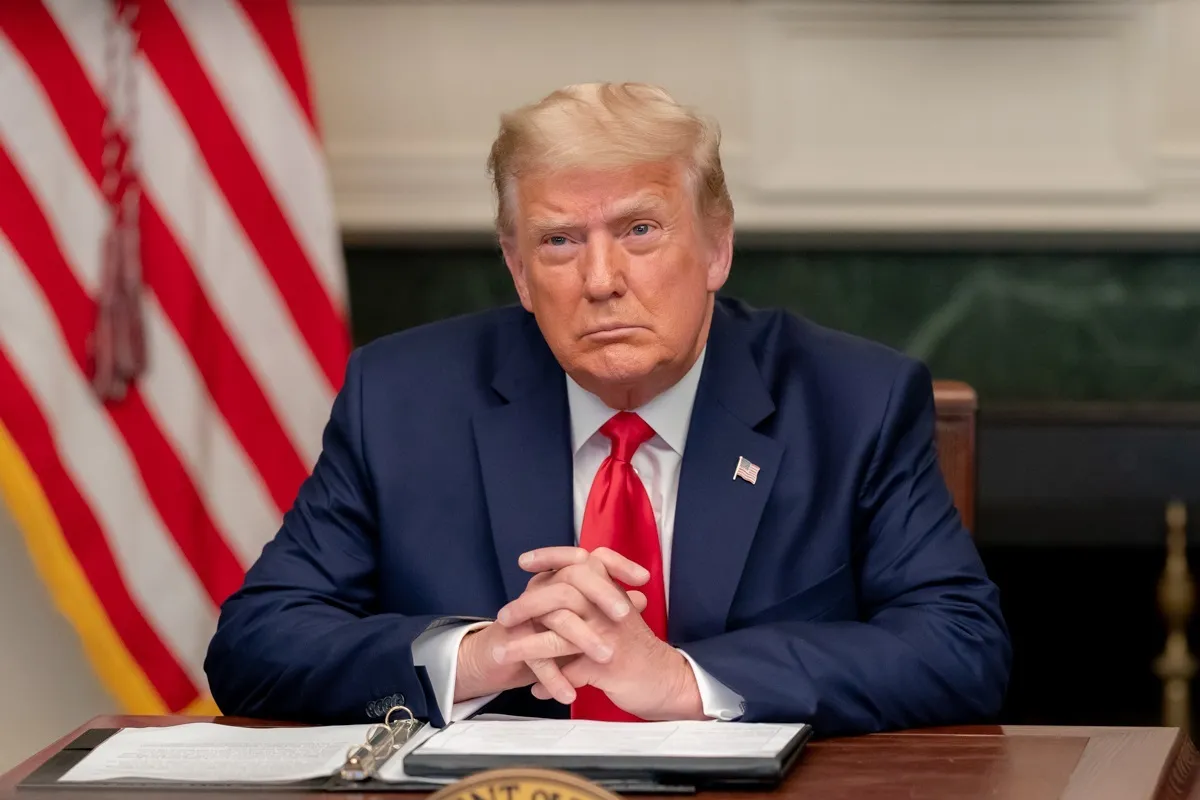
"Illiberal democracy", Viktor Orban has told us, is the new wave of democracy. He is in some ways, unfortunately, right. We in the democracy field have been extremely clumsy in responding to this trend. We discuss "backsliding democracies" and "democratic decline", send off worried cables and press releases with a furrowed brow. But what we really are referring to is the rise of illiberalism. Democracy is embraced—elections are held in which the majority determines the outcome. The autocrats we fret about today are elected. And, beyond that, popular. Majoritarianism is having a hay day. These are not the authoritarian takeovers and military coups of our parents and grandparents. The leaders trampling on human rights, thwarting rule of law, and suppressing media freedom are democratically elected, writes Laura Thornton.
Disclaimer: Views expressed in this commentary are those of the author. This commentary is independent of specific national or political interests. Views expressed do not necessarily represent the institutional position of International IDEA, its Board of Advisers or its Council of Member States.
Democrats, lower case "d", struggle a bit when the problem is actually us. It is an uncomfortable truth that humans sadly do gravitate toward the strongman. In the US., plenty of ink has been spilled trying to dissect the psyche of the Trump voter. It is globalization and decline in manufacturing. It is cultural grievance and feeling of loss. It is changing demographics. All of this is probably true. But, looking at research, by Pew and the University of Massachusetts (MacWilliams, 2016), it is actually authoritarian inclination that predicts votes for Trump. I have conducted polls myself overseas, measuring people’s opinions about difference, parenting, conformity, and, importantly, fear. In a poll I conducted in the country Georgia, those who viewed government-citizen relations as parent-child, disapproved of their son getting an earring, or would be angry if their child married outside their religion, were more likely to approve of strong leaders with authoritarian tendencies and be willing to sacrifice their rights.
Fear is at the heart of strongman appeal. John Hibbing from the University of Nebraska studies neurological differences between liberals and conservatives. He can identify partisan preference by asking a few simple questions about music, food, and poetry. Liberals are more comfortable with chaos, spices, uncertainty. Conservatives like blander, familiar food, music with a clear melody, and poems that rhyme. But most important are differences in fear. He could identify conservatives and liberals from brain scans. Conservatives are far more alarmed by images of home invaders, drug cartels, and terrorism. Threats are everywhere ...
To continue reading this Commentary, please visit the original source: eureporter. Published on 9 December 2020.



